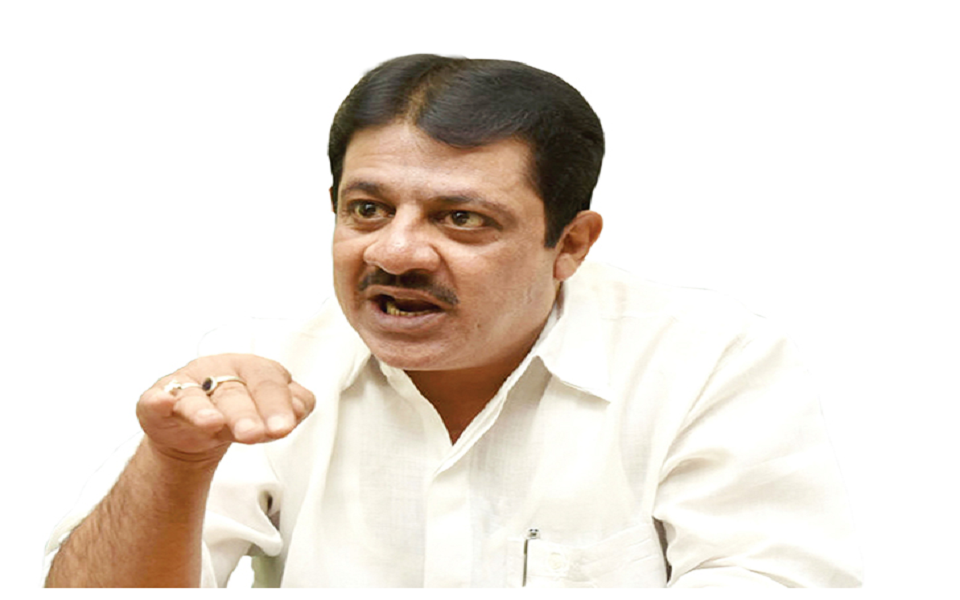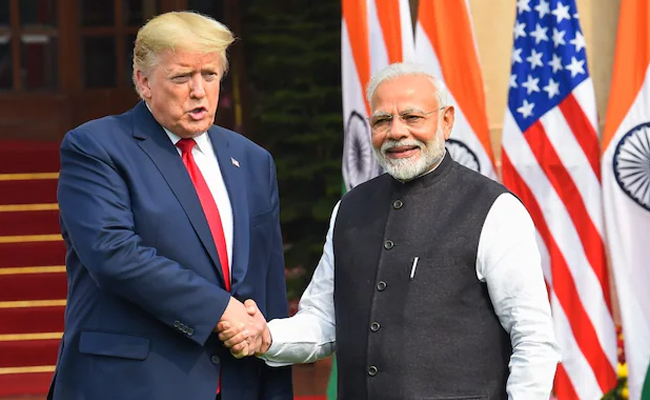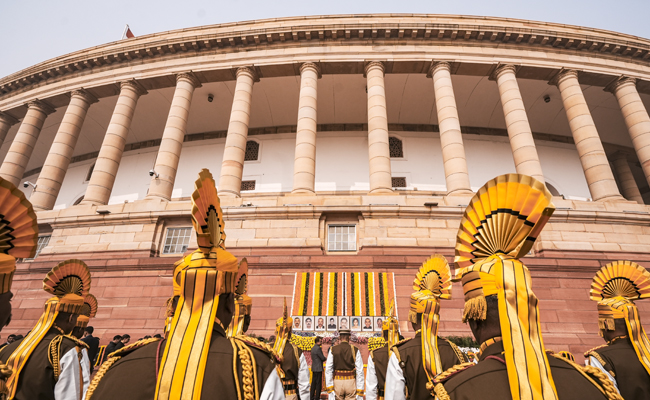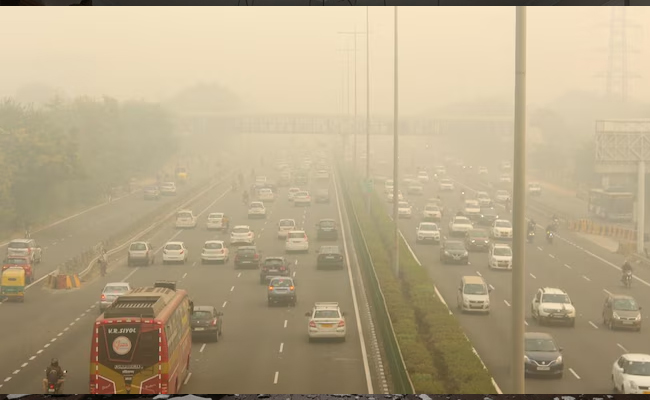Bengaluru, June 19: “I won’t claim that I am a popular leader of the Muslim community. I am just a public servant. I’ll also come to former minister Tanveer Sait’s constituency. Let him also come. Then people will know who can pull the crowd”, Food and Civil Supplies Minister Zameer Ahmed Khan challenged Tanveer Sait.
Speaking to reporters at his office at Vidhana Soudha here on Tuesday, the Minister said that “I am not a film star to become popular leader. I am a social worker. But I have a challenge to Tanveer Sait. I’ll also come to his constituency. Let him also come. Truth will come out”, he said.
“I am not a relative of AICC president Rahul Gandhi to give me the minister post. The party high command has taken all considerations into account and based on that, it has given the opportunity to those who are efficient. In the same way, I was also given the minister post and this might have caused disappointment to senior leaders”, he said.
After becoming the minister, he met the community senior leaders like Rehman Khan, CM Ibrahim and NA Haris. He has called Roshan Baig. As he has gone out, he could not meet Baig and he was waiting for his phone call, he said.
I knew my strength
He has not done anything to defeat Tanveer Sait. But he came to know about his strength from the people who termed ‘he is not the leader of Muslim community’, he said.
I want that car
“It is true that I have asked Fortuner car. I am comfortable travelling in big cars. So, I have asked for Fortuner. It was used by Siddaramaiah, for which I have asked that car. I want the same car, because I love the car as it was used by Siddaramaiah. I like Siddaramaiah also. So I have asked that car. There is nothing good and bad. Power is not permanent and it is not possible to keep everything forever”, he said.
“I am committed to my earlier statement that I will make a Guinness record I became a minister. But let me give some time and I will show my achievement in the department”.
-Zameer Ahmed Khan, Minister
Let the Truth be known. If you read VB and like VB, please be a VB Supporter and Help us deliver the Truth to one and all.
New Delh (PTI) The Congress on Saturday said it is perhaps not very surprising that India is not part of a US-led strategic initiative to build a secure silicon supply chain, given the "sharp downturn" in the Trump-Modi ties, and asserted that it would have been to "our advantage if we had been part of this group".
Congress general secretary in charge of communications Jairam Ramesh took a swipe at Prime Minister Narendra Modi, saying the news of India not being part of the group comes after the PM had enthusiastically posted on social media about a telephone call with his "once-upon-a-time good friend and a recipient of many hugs in Ahmedabad, Houston, and Washington DC".
In a lengthy post on X, Ramesh said, "According to some news reports, the US has excluded India from a nine-nation initiative it has launched to reduce Chinese control on high-tech supply chains. The agreement is called Pax Silica, clearly as a counter to Pax Sinica. The nations included (for the moment at least) are the US, Japan, the Republic of Korea, Singapore, the Netherlands, the United Kingdom, Israel, the United Arab Emirates, and Australia."
"Given the sharp downturn in the Trump-Modi ties since May 10th, 2025, it is perhaps not very surprising that India has not been included. Undoubtedly, it would have been to our advantage if we had been part of this group."
"This news comes a day after the PM had enthusiastically posted on his telephone call with his once-upon-a-time good friend and a recipient of many hugs in Ahmedabad, Houston, and Washington DC," the Congress leader asserted.
The new US-led strategic initiative, rooted in deep cooperation with trusted allies, has been launched to build a secure and innovation-driven silicon supply chain.
According to the US State Department, the initiative called 'Pax Silica' aims to reduce coercive dependencies, protect the materials and capabilities foundational to artificial intelligence (AI), and ensure aligned nations can develop and deploy transformative technologies at scale.
The initiative includes Japan, South Korea, Singapore, the Netherlands, the United Kingdom, Israel, the United Arab Emirates, and Australia. With the exception of India, all other QUAD countries -- Japan, Australia and the US -- are part of the new initiative.
New Delhi will host the India-AI Impact Summit 2026 on February 19-20, focusing on the principles of 'People, Planet, and Progress'. The summit, announced by Prime Minister Narendra Modi at the France AI Action Summit, will be the first-ever global AI summit hosted in the Global South.
Prime Minister Modi and US President Trump on Thursday discussed ways to sustain momentum in the bilateral economic partnership in a phone conversation amid signs of the two sides inching closer to firming up a much-awaited trade deal.
The phone call between the two leaders came on a day Indian and American negotiators concluded two-day talks on the proposed bilateral trade agreement that is expected to provide relief to India from the Trump administration's whopping 50 per cent tariffs on Indian goods.
In a social media post, Modi had described the conversation as "warm and engaging".
"We reviewed the progress in our bilateral relations and discussed regional and international developments. India and the US will continue to work together for global peace, stability and prosperity," Modi had said without making any reference to trade ties.





